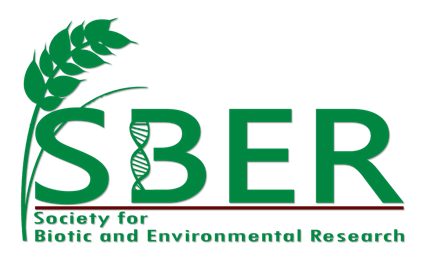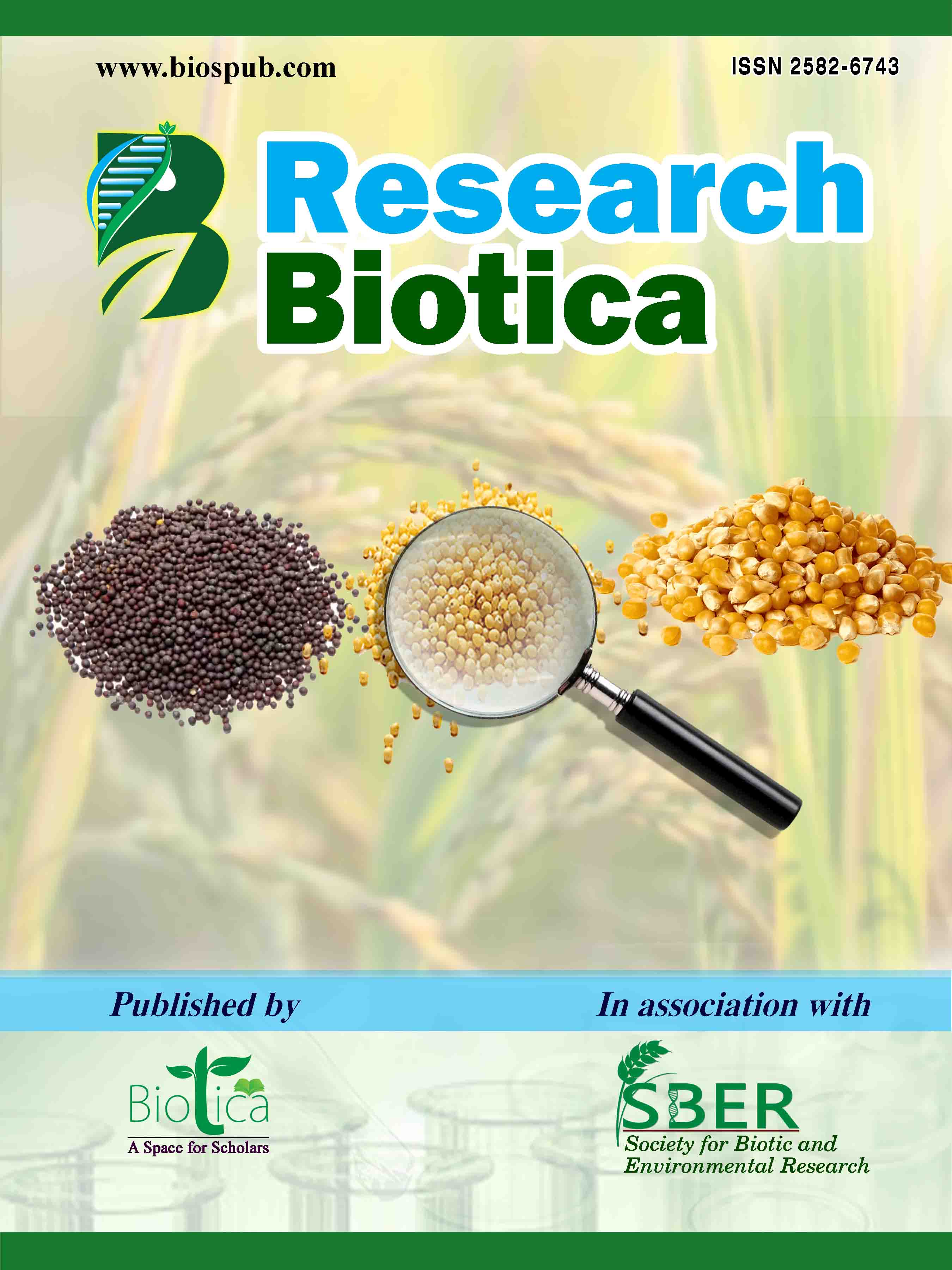Microbe-Assisted Plant Breeding: A Paradigm Shift for Sustainable Agriculture
Keywords:
Genetic variability, Holobiont, Microbe assisted plant breeding, Synthetic inputAbstract
Microbe-assisted plant breeding (MAPB) revolutionizes agriculture by leveraging microbes for enhanced growth and sustainability. MAPB accelerates breeding, optimizes yields and reduces synthetic input dependence by recognizing bacteria, fungi, and viruses as pivotal contributors to plant development. The core microbiome, integral to plant holobiont, provides crucial functional genes. MAPB introduces genetic variability, supports resistance breeding and follows a systematic workflow for success. The study of soil-borne pathogen resistance in common beans unveils intricate rhizosphere dynamics. Overall, MAPB reshapes agriculture, promotes precision breeding and sustainability and reduces reliance on synthetic inputs concisely and impactfully.
Downloads
Downloads
Published
How to Cite
Issue
Section
License
Copyright (c) 2024 Biotica Research Today

This work is licensed under a Creative Commons Attribution-NonCommercial-NoDerivatives 4.0 International License.









 |
|